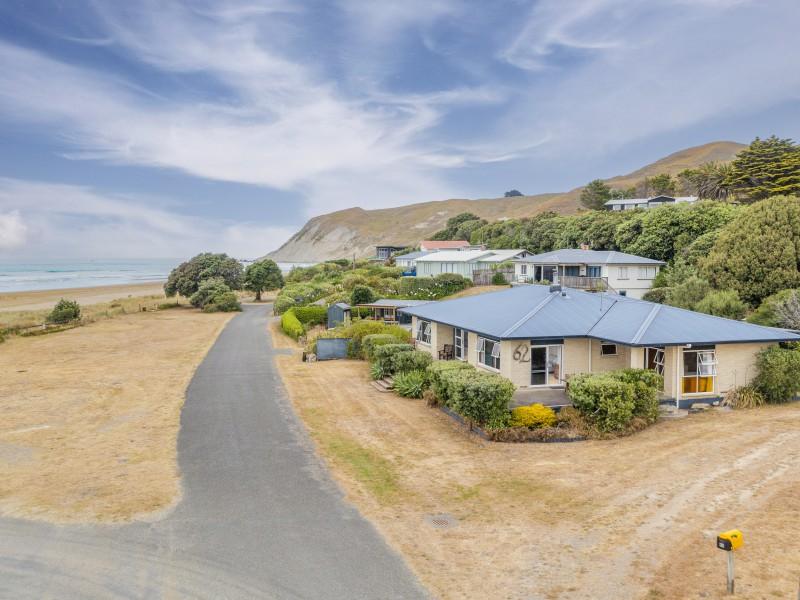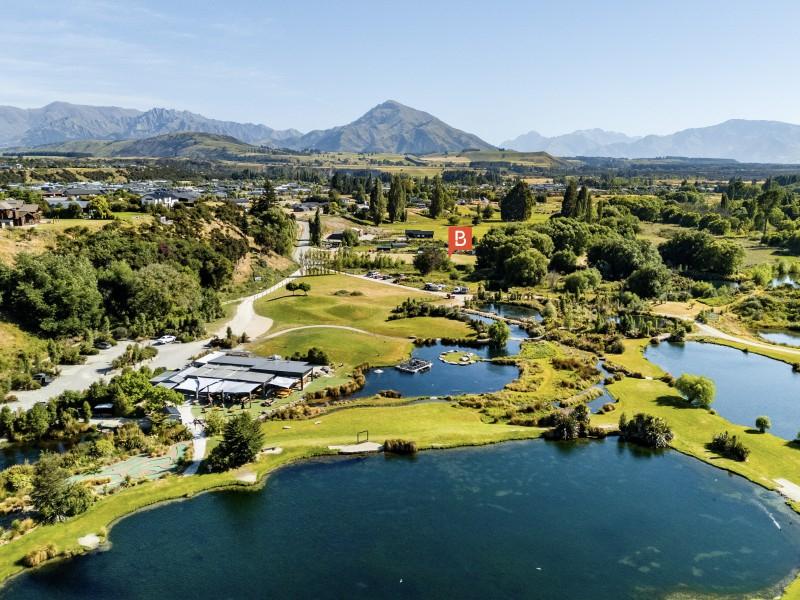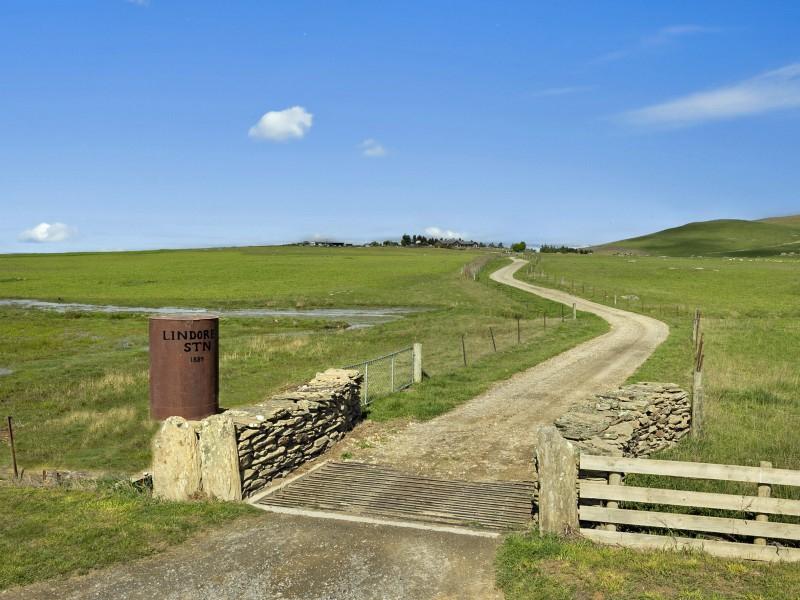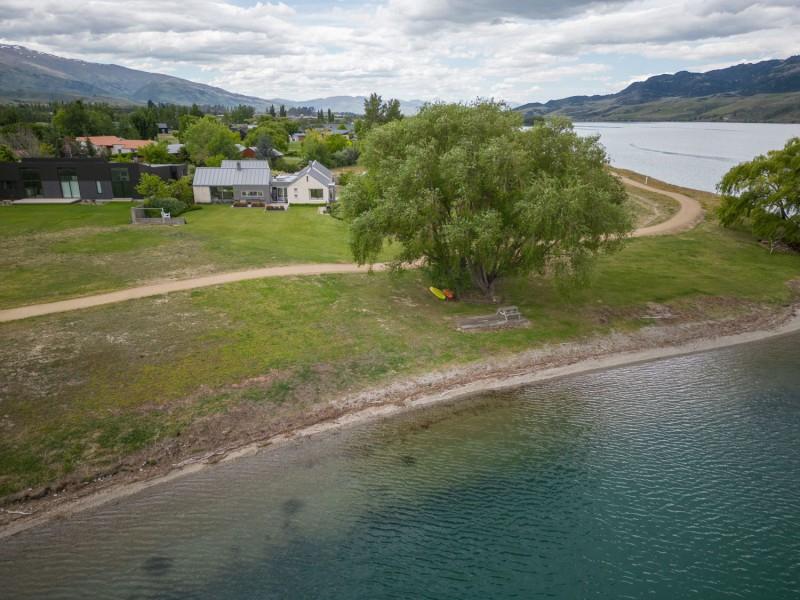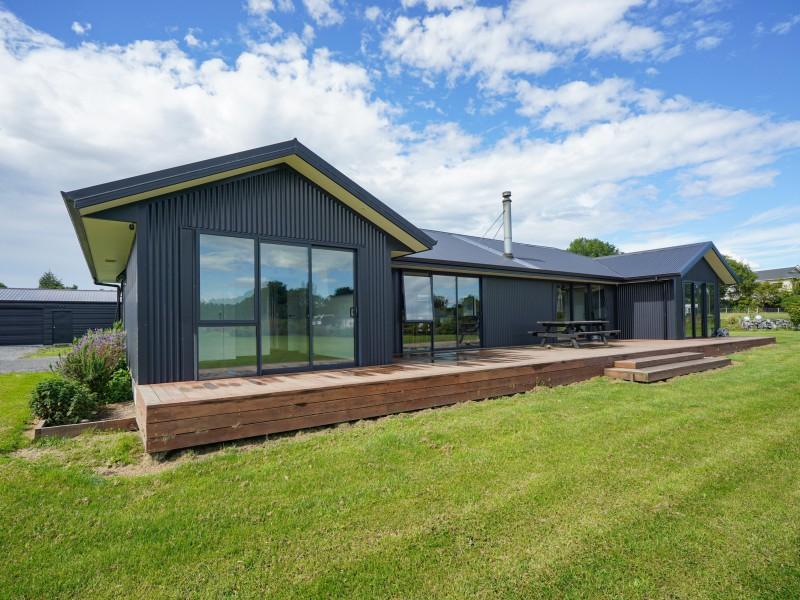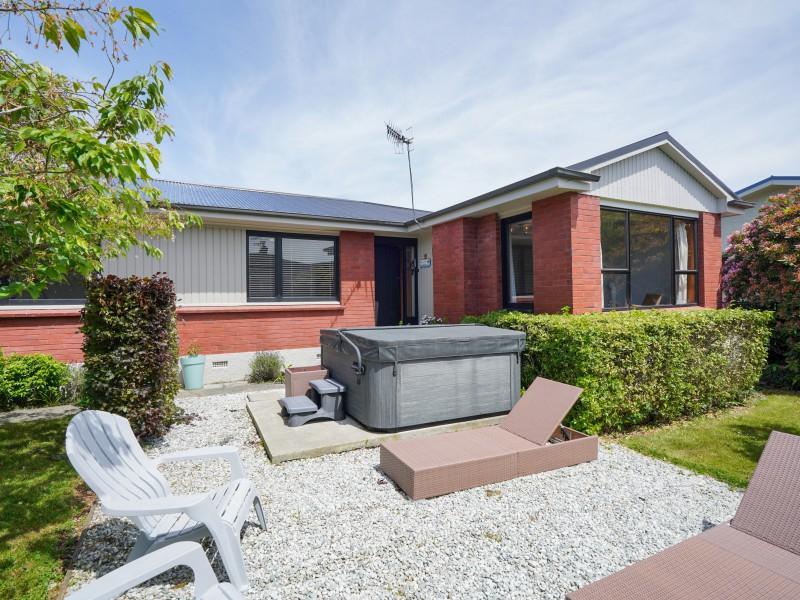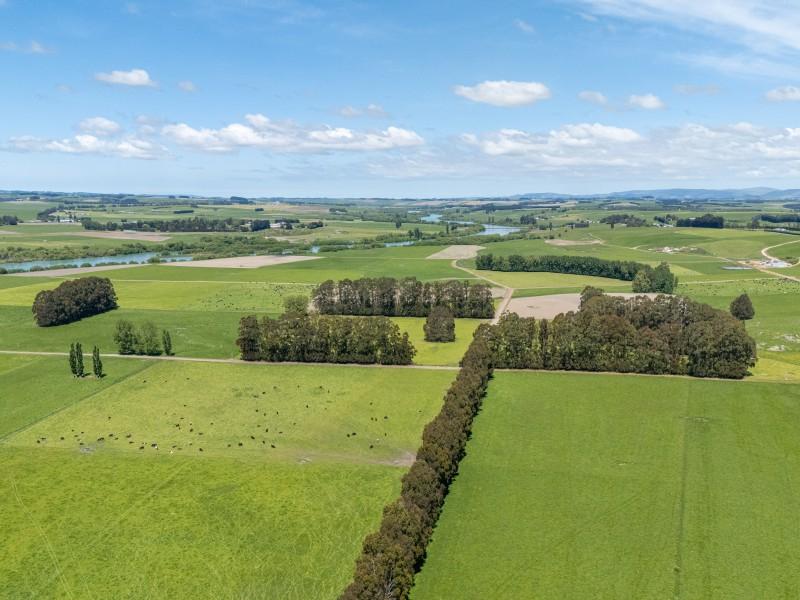World-leading health precinct to transform central Dunedin
A world-leading health and education precinct in central Dunedin has been unveiled by the Southern District Health Board.
The health board worked with local rūnaka, tertiary institutions and other stakeholders to develop a plan that would enhance Dunedin’s city centre, SDHB chief executive Chris Fleming said.
Along with the city’s new $1.4 billion hospital, which will include the site of the former Cadbury factory, the plan, Te Whakaari – The Promise, includes green spaces, additional healthcare services, and retail areas.
The precinct will be between the current hospital site and Lower Stuart St, and will support the revitalisation of the central city.
“Te Whakaari focuses on wellbeing, equity, sustainability, adapting to the effects of climate change, and contributing to a sense of local identity,” Fleming said.
The plan would complement the council’s central city plan, and provide a link between the tertiary precinct to the north of the city and the cultural and entertainment quarter to the south.
The precinct design features three phases of development: short-term (until 2030), medium-term (until 2040) and long-term (until 2080).
That short-term plan includes the completion of the new Dunedin Hospital and a 500-space car parking facility that would be suitable for electric vehicles and cycles.
It will also have an interprofessional learning centre for student learning, and a “translational research centre”.
It is hoped developers will provide retail activity in the precinct during the short-term phase of development.
The medium-term plan would result in Southern Blood and Cancer Services moving south of the new Dunedin Hospital, while the long-term plan allows room for the development of future services.
Meanwhile, spaces between buildings are being set aside for a “green spine” to encourage pedestrian and social activity at the heart of the precinct.
The green spine forms part of a larger greenway loop, and works in tandem with planned upgrades to Dunedin’s retail quarter.
Te Whakaari would help inform future infrastructure decisions for Dunedin, as the health board transitions to Health New Zealand.
⚠️ DOGS DIE IN HOT CARS. If you love them, don't leave them. ⚠️
It's a message we share time and time again, and this year, we're calling on you to help us spread that message further.
Did you know that calls to SPCA about dogs left inside hot cars made up a whopping 11% of all welfare calls last summer? This is a completely preventable issue, and one which is causing hundreds of dogs (often loved pets) to suffer.
Here are some quick facts to share with the dog owners in your life:
👉 The temperature inside a car can heat to over 50°C in less than 15 minutes.
👉 Parking in the shade and cracking windows does little to help on a warm day. Dogs rely on panting to keep cool, which they can't do in a hot car.
👉 This puts dogs at a high risk of heatstroke - a serious condition for dogs, with a mortality rate between 39%-50%.
👉 It is an offence under the Animal Welfare Act to leave a dog in a hot vehicle if they are showing signs of heat stress. You can be fined, and prosecuted.
SPCA has created downloadable resources to help you spread the message even further. Posters, a flyer, and a social media tile can be downloaded from our website here: www.spca.nz...
We encourage you to use these - and ask your local businesses to display the posters if they can. Flyers can be kept in your car and handed out as needed.
This is a community problem, and one we cannot solve alone. Help us to prevent more tragedies this summer by sharing this post.
On behalf of the animals - thank you ❤️

Worst Xmas ever?
There's a a lot of planning that goes into Christmas day and sometimes things just don't go to plan. But it can be a good thing - a family mishap or hilarious memory that you can laugh about in Christmases to come.
Whether you burnt the dinner or were stranded at an airport...
Share your Christmas mishaps below!

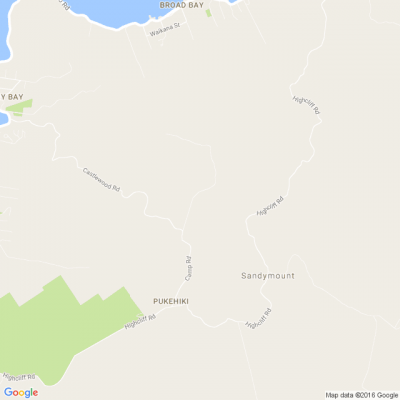
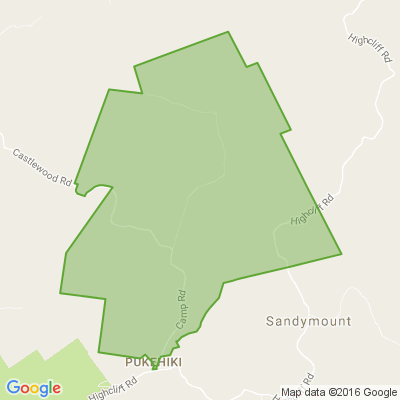





 Loading…
Loading…